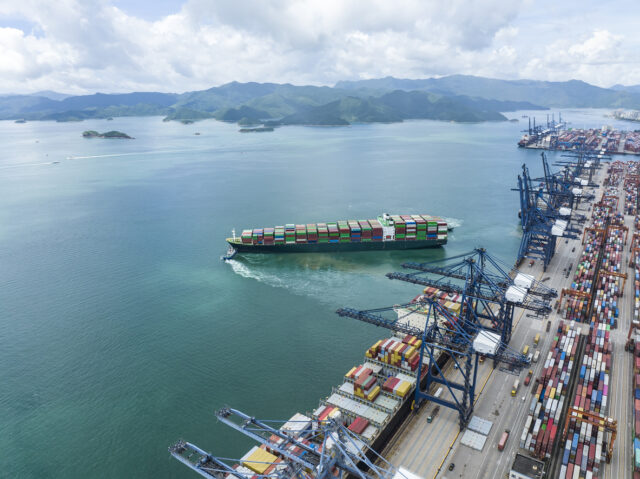The procurement function’s overall strategic importance has grown significantly over the past three years. CPOs are taking on increasingly complex and impactful responsibilities, from ensuring compliance and risk management, to improving supply chain resilience, meeting ESG targets, and identifying new opportunities for value-creation—all on top of the traditional cost-containment expectations.
Hervé Le Faou, CPO at beverage giant Heineken commented recently that “Fundamentally, the CPO is evolving into a ‘chief value officer,’ a partner and co-leader to the CEO who is able to generate value through business partnering, digital and technology, and sustainability, which are new sources of profitable growth in a shift toward a future-proof business model.”
CPOs as strategic value creators for the business
As such, it’s important that, if we are reconsidering the nature of the CPO role, we should also look more closely at the relationship between the CPO and the head of the company.
As Klaus Staubitzer, CPO and head of supply chain at Siemens, notes, “Now, board members and business CEOs ask procurement for their view on the supply situation ahead of talking to investors.”
Similarly, Ninian Wilson, CPO at Vodafone, adds that “We see internally that boards are requesting sessions directly with the CPO on supply risk and are more concerned and involved in topics relating to the supply chain.”
With risk management increasingly at the front of mind for CEOs and at the top of the CPO agency (almost as important as cost, but only almost), ongoing global disruptions of supply chains (like the Houthi blockade of Israeli regime shipping in the Red Sea, or the blocking of the Suez Canal in 2020) can put as much of a strain on CEO-CPO relations as on the supply chain itself.
However, this could also stem from the fact that CEOs have traditionally come from the COO and CFO roles, and the track from procurement to overall leadership hasn’t really existed until now. However, as noted in a blog post by SaaS platformer Coupa, “As the necessities for business continuity evolve and change, so must the responsibilities of executive leadership… Though the COO and CFO have been natural successors to the CEO, it is time for CPOs to be part of that consideration.”











